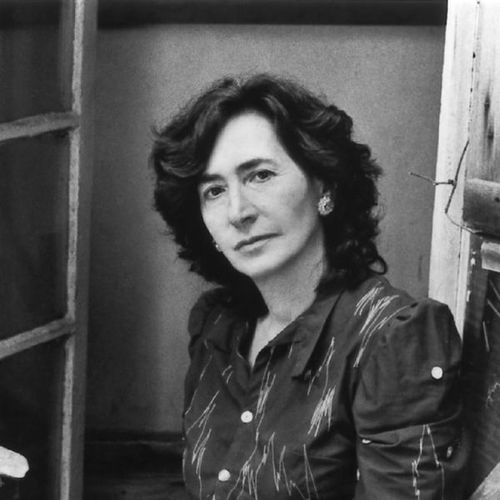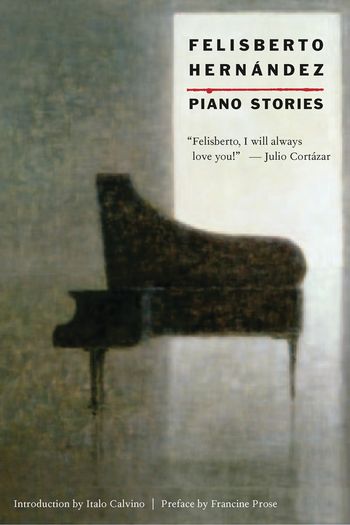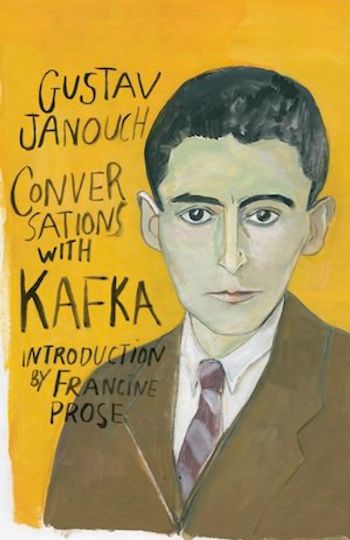Francine Prose
Francine Prose is the author of many bestselling books of fiction, including A Changed Man and Blue Angel, which was a finalist for the National Book Award, and the nonfiction New York Times bestseller Reading Like a Writer. Her novel, Household Saints, was adapted for a movie by Nancy Savoca. Another novel, The Glorious Ones, has been adapted into a musical of the same name by Lynn Ahrens and Stephen Flaherty, which ran at the Mitzi E. Newhouse Theatre at Lincoln Center in New York City in the Fall of 2007. She is the president of PEN American Center. She lives in New York City.


